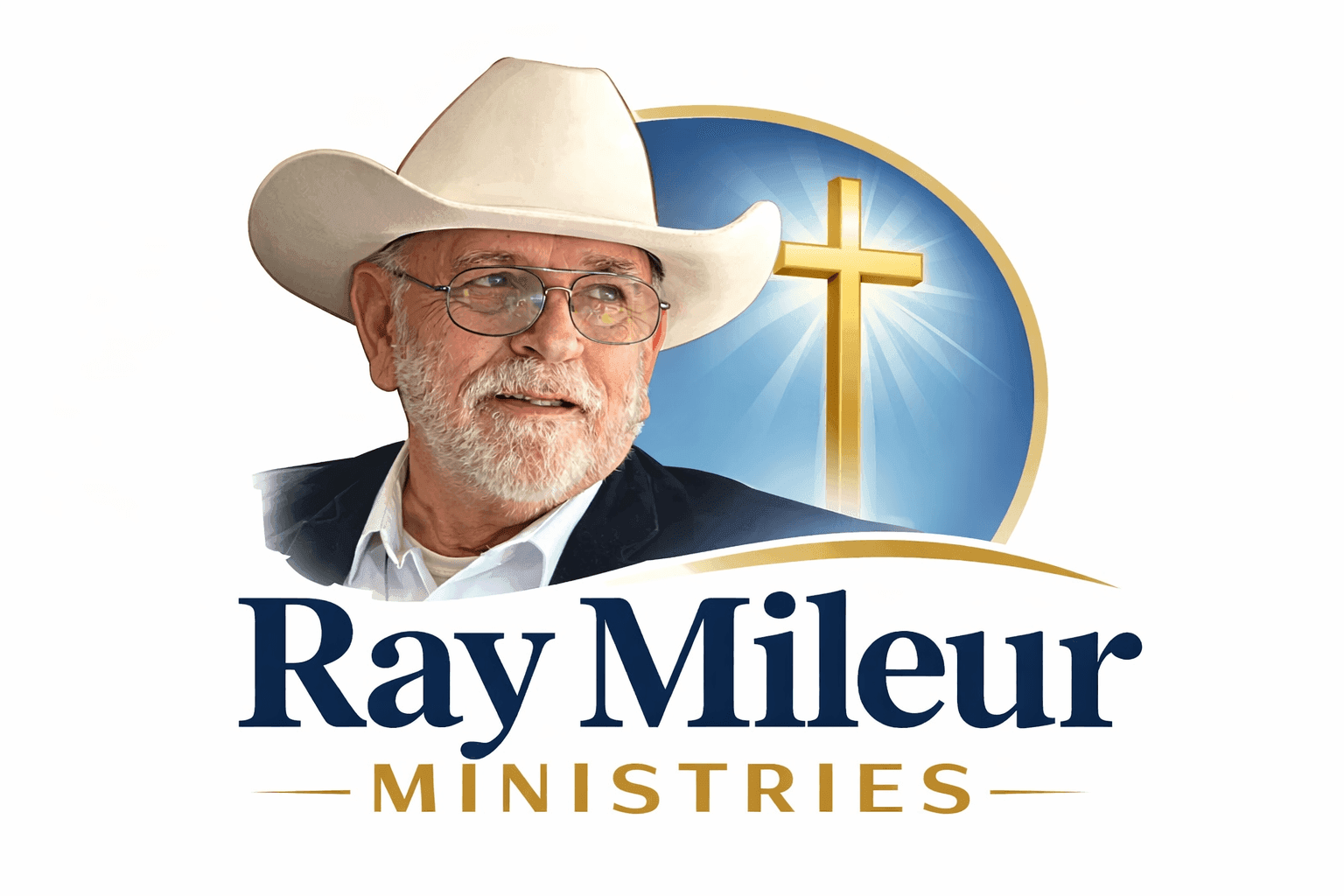Recognizing and Guarding Against False Prophets
Understanding the Concept of False Prophets
Throughout history, the term "false prophets" has been used to describe individuals who claim divine inspiration or insight but spread misleading or harmful messages. Recognizing and guarding against these figures is vital to maintaining the integrity of spiritual or moral beliefs. Understanding what defines a false prophet is the first step in protecting oneself and one's community from deception.

False prophets often emerge in times of turmoil or uncertainty, exploiting people's fears and hopes. They may present themselves as spiritual leaders or visionaries, offering seemingly profound insights or solutions. However, their true intentions often lead to manipulation rather than enlightenment.
Identifying Characteristics of False Prophets
To protect against false prophets, it's essential to recognize their common traits. These individuals frequently exhibit certain behaviors or patterns:
- Charismatic and Persuasive: They often have a magnetic personality, drawing people in with their confidence and charm.
- Self-Serving Intentions: Their messages ultimately serve their interests, whether financial gain, power, or fame.
- Lack of Accountability: False prophets may evade responsibility by blaming others or circumstances when their predictions fail.
Discernment and Critical Thinking
One of the most effective tools in guarding against false prophets is the practice of discernment. This involves evaluating claims critically and considering their sources and implications. Encouraging open dialogue and questioning can help clarify the validity of a prophet's message.

It’s important to compare their teachings with established truths or doctrines. If a prophet's message significantly deviates from known principles or promotes divisiveness, it may be a red flag. Relying on a community of trusted individuals can also provide a broader perspective on the situation.
The Role of Intuition and Faith
While logic and reason are essential, intuition and faith also play crucial roles in recognizing false prophets. Often, an inner sense of unease or doubt may signal that something isn't quite right. Trusting this instinct can be an invaluable part of the discernment process.
Faith, in this context, refers to a deep-seated trust in one's core beliefs and values. Staying grounded in these principles can provide strength and clarity when confronted with potentially misleading messages.
Steps to Guard Against False Prophets
Protecting oneself from false prophets involves proactive measures:
- Educate Yourself: Gain knowledge about spiritual teachings and historical instances of false prophecy.
- Foster Community: Surround yourself with a supportive network that encourages dialogue and truth-seeking.
- Stay Vigilant: Regularly assess the credibility of leaders and their messages, looking for consistency and integrity.

By taking these steps, individuals can safeguard themselves against deception. Recognizing false prophets requires constant vigilance and awareness, but it is a necessary task to maintain personal and communal integrity.
